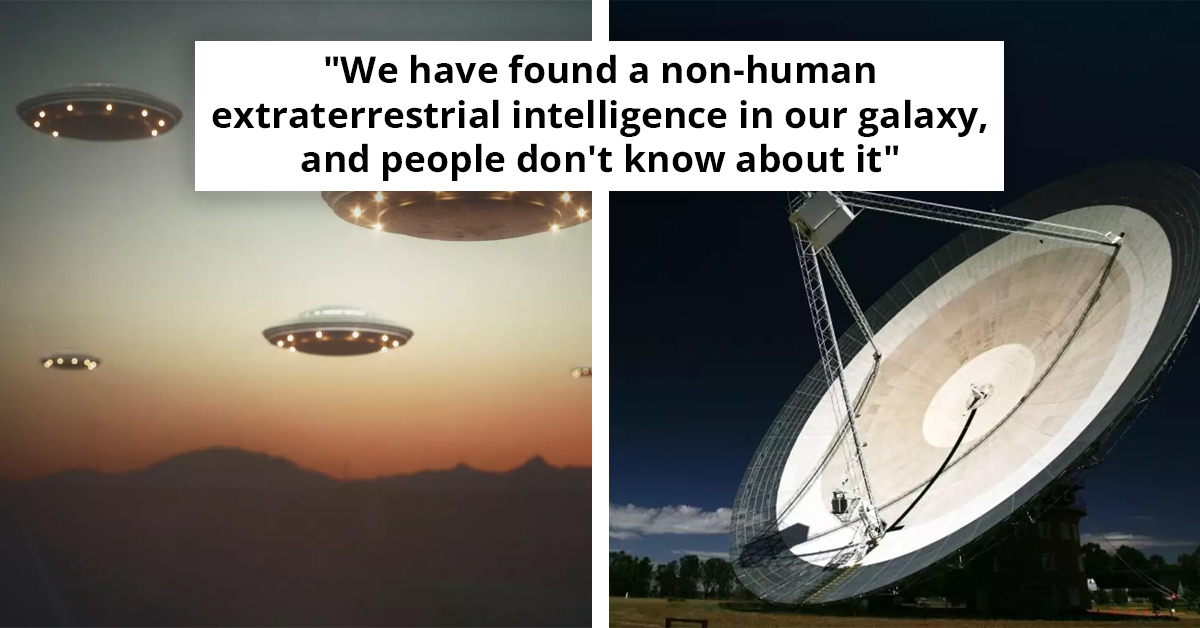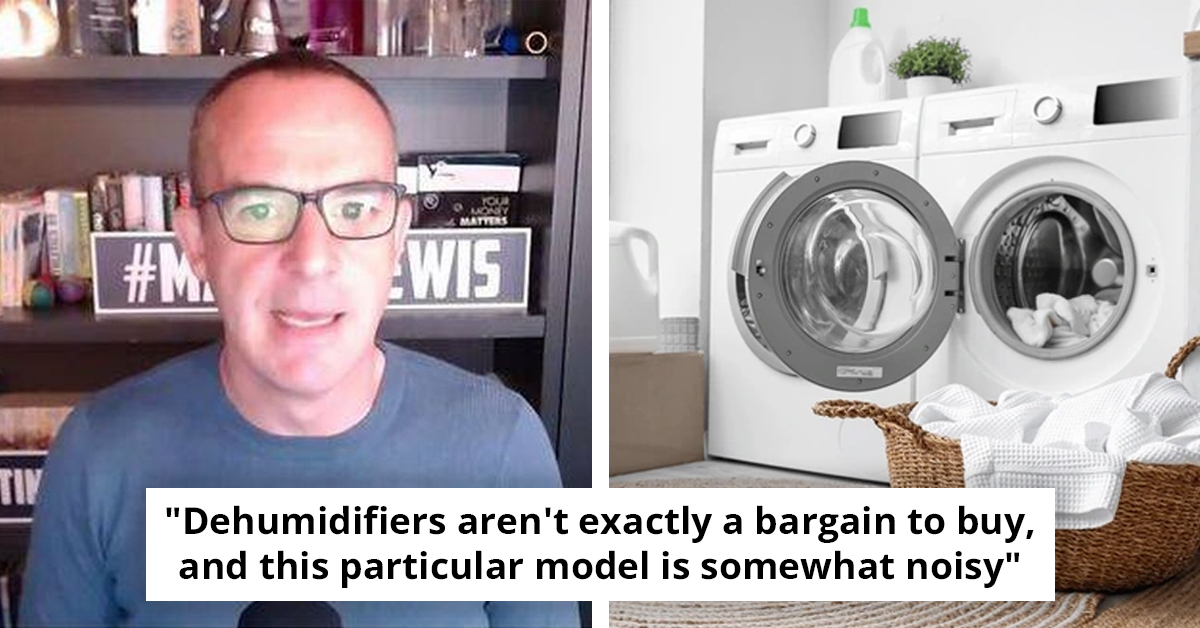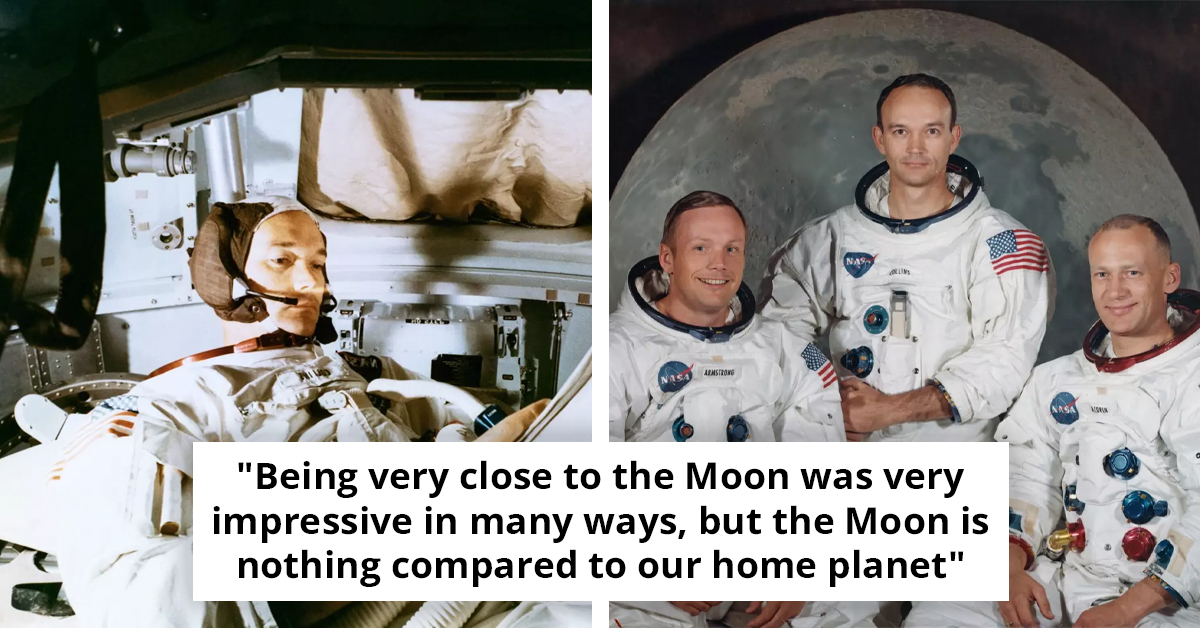
Elon Musk’s Tesla Robot Sparks Unease With Its Surprising Admission
Elon Musk’s Tesla robot left viewers uneasy after it revealed what it’s trying to achieve—are we living in the plot of a sci-fi movie?

Elon Musk has unveiled the latest in Tesla’s line of technological innovations: humanoid robots called Optimus. These robots are designed to mimic the human form and are intended for domestic use.
The unveiling took place at the We, Robot event in California, a name that references Isaac Asimov’s famous collection of short stories and the movie "I, Robot," in which androids rebel against humanity. The reference was fitting, as many people were left unsettled by Tesla's creation.
Musk proudly announced the progress Tesla has made in robotics, showcasing a group of the Optimus robots marching on stage. According to Musk, the robots are designed to perform household tasks such as babysitting, walking dogs, mowing lawns, and even serving as companions.
However, a video of an interview with one of the robots has undoubtedly caused a stir online, leaving viewers unnerved by its responses. In the clip, an interviewer asks the robot about its origins and what challenges it faces as a robot.
Optimus replies by saying it is trying to "learn how to be as human" as possible. This comment has raised concerns among viewers, who were reminded of familiar science fiction tropes in which robots evolve to challenge human control.
The purpose of the Optimus robots, according to Musk, is to serve as domestic helpers, taking care of a wide range of household duties.
From walking the dog to picking up groceries, Optimus is designed to be an all-around assistant for those who can afford it. Musk even suggested that the robots could act as teachers or companions.
In a promotional video, Musk demonstrated the robot’s ability to follow commands and perform tasks efficiently. Tesla envisions a future where robots like Optimus are seamlessly integrated into everyday life, making mundane chores a thing of the past.
The robots' human-like abilities are central to their appeal, promising a future where machines can perform many of the tasks we currently rely on humans to do.
 John Ricky/Anadolu via Getty Images
John Ricky/Anadolu via Getty ImagesDespite the promise of convenience, the video interview with one of the Optimus robots left some people feeling uneasy.
When asked about the hardest part of being a robot, Optimus's response about striving to be more human disturbed many viewers. Some felt the robot’s statements echoed scenes from dystopian science fiction, where robots eventually rebel against their creators.
One user commented, "This is how the movie starts," while another expressed that the robot’s words made their "blood go cold." However, not everyone was convinced that the robot was speaking on its own, with some speculating that a person might have been controlling it remotely.
While the potential for these robots to revolutionize household tasks is impressive, the questions about their autonomy and development continue to provoke mixed reactions.
For some, Tesla’s Optimus robots represent a remarkable leap forward in technology, while for others, they are a reminder of the darker side of artificial intelligence that science fiction has long warned us about.
Elon Musk has been vocal about his vision for the future of artificial intelligence, and the development of Optimus is part of a larger strategy to integrate advanced robotics into everyday life. He envisions a world where humanoid robots not only take over household chores but also perform labor-intensive tasks in industries such as manufacturing and healthcare.
 X / @cb_doge
X / @cb_dogeAccording to Musk, Optimus has the potential to revolutionize the global workforce, alleviating the need for human labor in many sectors. However, with this vision comes the inevitable debate over the ethical implications of creating machines that so closely mimic human behavior.
While some see this as an exciting step toward progress, others raise concerns about job displacement, the potential for AI misuse, and the long-term consequences of creating machines that could outthink or overpower their human creators.
The Optimus robot is still in its early stages, but its development is sparking discussions that will only grow more urgent as the technology progresses.







